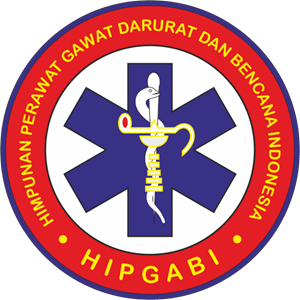Self Confidence and Anxiety of Health Volunteers while Doing First Aid for Accident Victims in Surabaya
Downloads
Introduction: Health volunteers are first aid actors in the field when an accident occurs, health volunteers face various situations and conditions from victims and the environment, so they experience anxiety, the anxiety experienced can be an obstacle to first aid handling. This study aims to identify factors related to the anxiety of health volunteers when performing first aid on accident
Methods: This study used an analytic observational design with a cross-sectional approach, the population of this study was the health volunteers of the city of Surabaya, amounting to 220 people. The sampling technique used probability sampling with a simple random sampling approach and obtained 103 respondents according to the inclusion and exclusion criteria. The research instrument was a questionnaire in the form of a google questionnaire consisting of questionnaires for demographic data, anxiety (DASS 42), motivation (VFI), and self-confidence (Lauster). Data analysis using Spearman Rho statistical test with p = 0.05.
Result: The results of the study showed that the majority of respondents experienced a very severe level of anxiety (36.9%) and a weak majority level of self-confidence (96.1%). The results of the analysis of the relationship between self-confidence and anxiety levels obtained p = 0.003 (p <0.05).
Conclusion: There is a relationship between self-confidence and the level of anxiety of health volunteers.Copyright (c) 2022 Merina Widyastuti

This work is licensed under a Creative Commons Attribution 4.0 International License.
1. The journal allows the author to hold the copyright of the article without restrictions.
2. The journal allows the author(s) to retain publishing rights without restrictions.
3. The legal formal aspect of journal publication accessibility refers to Creative Commons Attribution (CC BY).

















